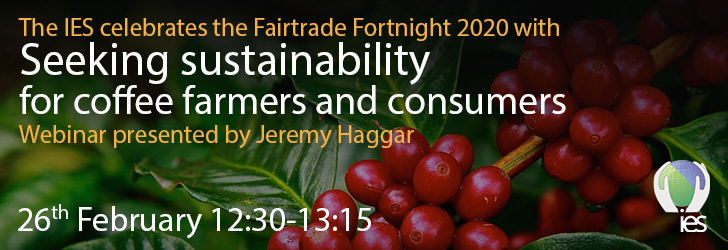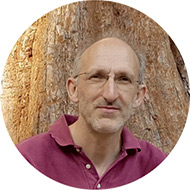Coffee production can be practised in a wide range of production systems from high-input mono-crop plantations to coffee agroforests, between these are many different kinds of agroforestry practices with a range of sustainability characteristics. Across these different production systems there are multiple interactions and trade-offs between productivity, carbon footprint, biodiversity and resilience. Sustainability certifications such as Organic, Fairtrade and Rainforest Alliance aim to compensate or recognise the investments by farmers in sustainability. Currently 40% of global coffee production is sustainably certified.
In this webinar, Jeremy will present evidence of the environmental and economic outcomes for certified farmers, and discuss some of the key opportunities and challenges this presents communities and the wider industry.
About the speaker
Jeremy Haggar is Professor of Agroecology at the Natural Resources Institute, University of Greenwich. He researches the ecological, economic and social dimensions of sustainability of agricultural and forestry systems. He has lived in Costa Rica, Mexico and Nicaragua for twenty years managing research and development projects that built the capacity of over 10,000 coffee farmers and 50 coffee producer organisations in ecological and entrepreneurial management. At the same time, he developed research to evaluate the environmental impacts and benefits of sustainable coffee production. Based in the UK, he applied his experience to African agricultural development managing a project that supported 10,000 farmers to rehabilitate coffee production in Sierra Leone. He currently leads a project on the trade-offs between sustainability and intensification of coffee production in Central America, and especially the degree to which shaded coffee production may increase coffee farm resilience to climate change and market volatility.



